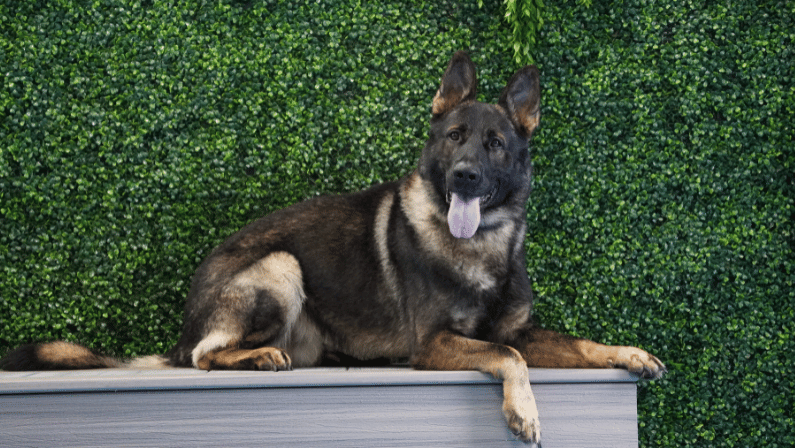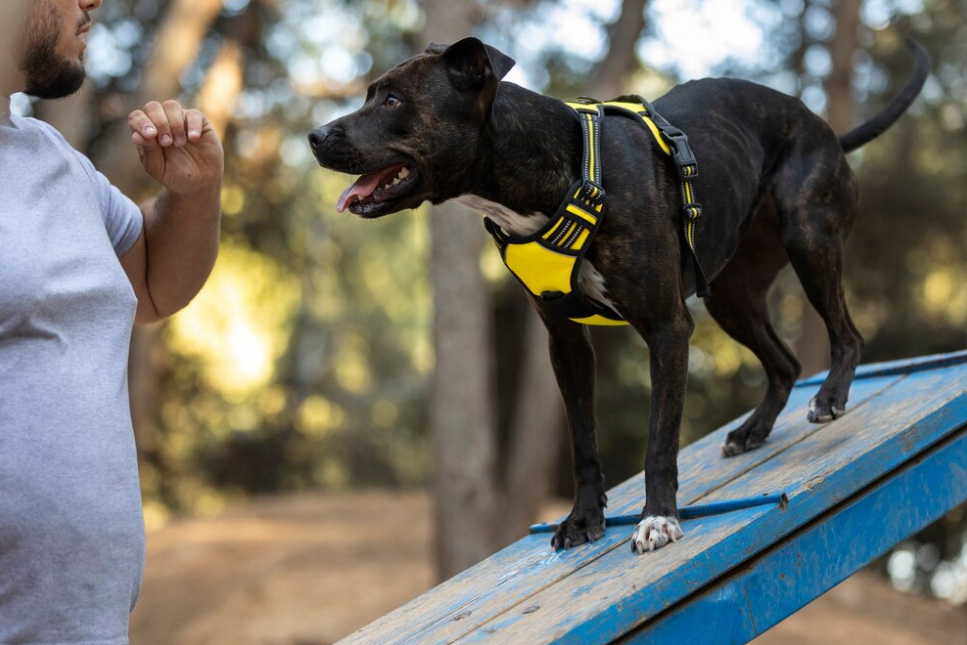Dogs are often considered “man’s best friend,” and for good reason. They are loyal, affectionate, and can provide endless joy. However, as beloved as they are, dogs may not be the ideal pet for everyone. While they have many positive qualities, there are several challenges and responsibilities that come with owning a dog that may not suit every individual or family’s lifestyle. In this blog, we’ll explore some of the reasons why dogs may not always be the best choice as pets.
1. High Maintenance
Dogs require a significant amount of care and attention compared to other pets like cats, fish, or reptiles. They need regular feeding, exercise, grooming, and healthcare. If you lead a busy lifestyle or have limited time to devote to a pet, a dog might not be the best fit. Unlike cats, which are more independent and can manage on their own for longer periods, dogs demand daily walks, bathroom breaks, and companionship.
This high level of maintenance can become overwhelming for some people, especially those who work long hours or have unpredictable schedules. Additionally, grooming needs vary by breed, with some dogs requiring regular baths, haircuts, and even dental care. For example, breeds like Poodles or Shih Tzus need constant grooming to prevent matting of their fur, while others may shed heavily, requiring frequent cleaning of your home.
2. Costly Commitment
Owning a dog can be an expensive commitment. There are initial costs, such as purchasing or adopting the dog, vaccinations, neutering/spaying, and essential supplies like a bed, leash, and food bowls. Then there are ongoing expenses, including food, grooming, vet visits, flea and tick prevention, and unexpected medical bills.
In case your dog gets sick or injured, veterinary care can be costly. Emergency surgeries, medications, and treatments for common issues like allergies, hip dysplasia, or even cancer can run into thousands of dollars. While pet insurance is available, it’s another cost to factor into your budget. The financial burden of owning a dog can be a significant consideration for potential pet owners, especially if they are already managing tight finances.
3. Time and Energy Demands
Dogs are social animals that thrive on companionship, but this also means they need a lot of your time and energy. Dogs can suffer from separation anxiety if left alone for too long, leading to destructive behaviors such as chewing furniture, barking excessively, or having accidents indoors. Puppies, in particular, require a lot of training and supervision to ensure they grow into well-behaved adult dogs. This includes potty training, teaching them not to bite or jump on people, and socializing them with other pets and humans.
Moreover, dogs need regular exercise, which means daily walks or play sessions to keep them mentally and physically healthy. Some high-energy breeds, like Border Collies or Siberian Huskies, require even more activity and can become restless and destructive if not exercised adequately. If you live in a small apartment or don’t have access to outdoor spaces, providing enough exercise can be a challenge.
4. Behavioral Issues
Dogs, like humans, have personalities, and not all dogs are easy to train or well-behaved. Some dogs may develop behavioral problems, including aggression, excessive barking, and anxiety. While many behavioral issues can be addressed with proper training and socialization, not all dog owners have the skills, knowledge, or time to effectively manage these challenges.
Additionally, different breeds come with their own sets of behavioral tendencies. For instance, some breeds are more prone to herding, barking, or chasing, while others might be more stubborn or difficult to train. Understanding these breed-specific behaviors is crucial when selecting a dog, but even then, there is no guarantee that a dog will behave as expected. This unpredictability can make dog ownership frustrating for those not prepared to invest the time and patience required for training.
5. Limited Travel Flexibility
Dog ownership can make travel and vacations more complicated. Unlike cats, which can often be left with food, water, and a clean litter box for short periods, dogs need constant care and supervision. If you travel frequently for work or leisure, you’ll need to make arrangements for someone to care for your dog. This can involve hiring a pet sitter, boarding your dog at a kennel, or asking friends or family to take care of them.
Each of these options comes with costs and logistical challenges. Boarding can be expensive, and some dogs experience stress or anxiety when separated from their owners or placed in unfamiliar environments. If your dog has special needs or medical conditions, it may be even harder to find appropriate care during your absence.
6. Allergies and Cleanliness
Dogs shed fur, dander, and sometimes even drool, all of which can trigger allergies in sensitive individuals. If you or a family member suffers from allergies, a dog may not be the best pet choice. While some breeds are considered hypoallergenic, they still produce dander and saliva, both of which can cause allergic reactions.
In addition to allergies, dogs can make your home messier. Many dogs shed fur, track in dirt from outside, and may have accidents indoors, especially when they are puppies or older dogs. Regular cleaning becomes a necessity, and you might find yourself vacuuming frequently or cleaning up muddy paw prints. Certain breeds, especially those with thick or long coats, may shed excessively, making it difficult to keep your home clean and free of pet hair.
7. Space Constraints
Living with a dog requires sufficient space, both indoors and outdoors. Larger breeds need more room to move around and stretch their legs, and even smaller dogs benefit from having a yard or nearby park for exercise. If you live in a small apartment or have limited access to outdoor spaces, a dog might not be the best fit.
Additionally, some apartment buildings or rental properties have restrictions on pets, especially larger breeds or dogs that are considered aggressive. If you rent your home, you may face challenges finding pet-friendly accommodations, and there may be additional deposits or fees associated with having a dog.
8. Potential for Damage
Dogs, especially young puppies, are notorious for chewing on furniture, shoes, and other household items. Even well-trained dogs can cause damage to your home over time. Scratched floors, chewed-up furniture, and destroyed garden beds are common complaints among dog owners. While training can minimize these issues, there’s always a risk of property damage, particularly with puppies or high-energy breeds.
Conclusion
While dogs can make wonderful companions for many people, they are not the best pets for everyone. The high level of care, time commitment, and financial investment required may not align with everyone’s lifestyle or preferences. If you’re considering getting a dog, it’s important to weigh these factors carefully to ensure you’re making the right choice for yourself and the dog. For some, lower-maintenance pets like cats, birds, or reptiles might be a better fit. Ultimately, it’s essential to choose a pet that complements your lifestyle, resources, and needs.












